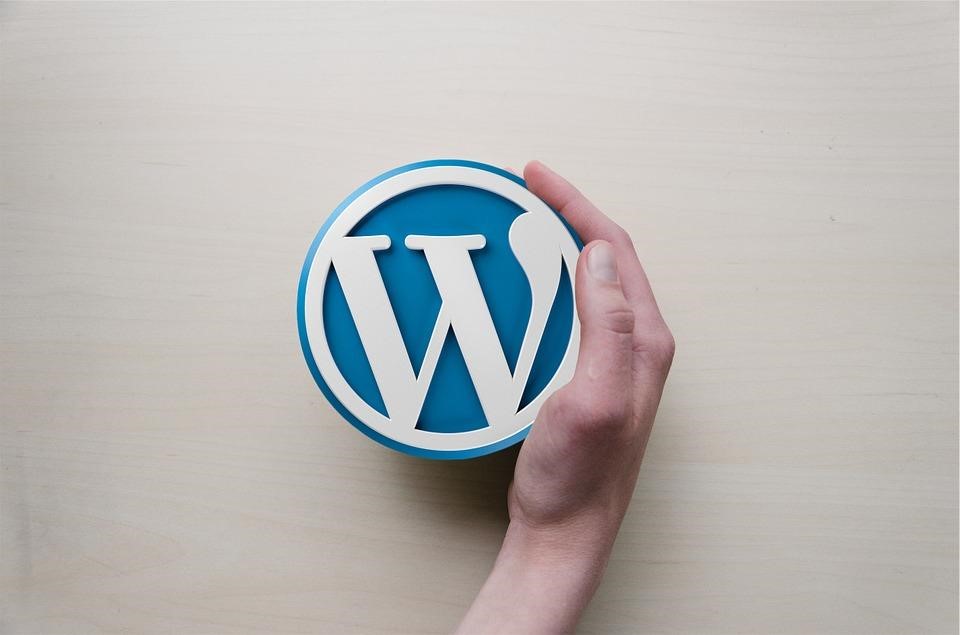Robin Khokhar
Robin Khokhar is an SEO specialist who mostly writes on SEO. Thus sharing tips and tricks related to SEO, WordPress, blogging, and digital marketing, and related topics.
Are you planning to have a website and not sure which website builder to use? The post may be for you. In...

Are you planning to have a website and not sure which website builder to use? The post may be for you.
In today’s interconnected world, less than 10 percent of your customers will find your business by walking into your store – most potential customers are looking for you online. Even if most of your sales happen in a physical store, more than a third of your clients checked out your website before they had even thought of visiting your physical store.
Simply put, if you don’t have a presence online, you are missing out, big! Unfortunately, coding your business website from nothing requires technical skills. Plus, most small businesses have tight budgets, which make hiring a web developer or designer an expense too much.
This is where a website builder comes to your rescue by offering small business owners, like yourself, a chance to build a website without having to worry about skills, time and budgets. The website builders also allow you to put the money you would have otherwise spent on web development in growing the business.
While some of the website builders below are free, a deeper look will reveal that most of these tools are not really free. This is because you need to invest in your own domain, pay for templates and add-ons, and, sometimes, you’re not offered full control over your website. Of course, there are a few exceptions, as you will find out below.

26 percent of all sites on the Internet are running on WordPress, and it happens to be the most popular CMS in the world. The reason for this popularity is its scalability, ease of use and flexibility. While you don’t want to jump ahead, WordPress is the best free website builder for any small business.
It is important to note that there are two WordPress versions – WordPress.org vs. WordPress.com. The best version for your small business is the one ending with .org as its more flexible than the other.
The biggest WordPress advantage is that it is open-source and completely free, and it’s available on just about all web hosting platforms. In fact, some hosting platforms offer you a one-click install feature that makes it easy to get started with the platform. In addition, designing your business website is a breeze, especially when you take into consideration the thousands of pre-made themes that easily cover any business niche you can dream of.
If you are looking for a builder that offers you control, you can integrate WordPress with drag and drop page builders. WordPress also features plenty of plugins that you can use for the additional functionality of your business website, including customizing forms. If you have technical web design skills it’s easy to get to your site’s source code and change everything from the main colors to providing a live searchable log console for your .NET app.
In fact, the possibilities of what you can do with WordPress are virtually limitless – you can make your site as simple or as complex as you want! Some of the biggest business names in the world use WordPress, including thousands of content-heavy sites.
WordPress easily integrates with just about every other online tool or platform you would like to use, this feature provides you with unlimited flexibility to create all types of business websites – from content-rich blogs to full e-commerce sites hosting thousands of products. Overall, WordPress is a great resource for any small business website, during the launch and as its contents grow.

If you wish to run your physical store alongside an online or e-commerce site, or exclusively online, Shopify is the best solution for your small business. The platform is specifically designed for businesses that are looking to handle online sales. Shopify powers more than half a million businesses and has more than one million active users.
Shopify is a great way of launching your e-commerce store and start making money, and you don’t have to worry about handling the technical aspects of managing the store. In fact, with a few basic computer skills, absolute beginners can create an online store using the integrated drag and drop store builder. Moreover, the platform features hundreds of themes that cover different business niches.
You have the option of using Shopify on your own business domain. Apart from helping you create an online store, the platform also makes it easy for you to build and maintain a website and blog.
Considering that your online store will be handling the financial transaction, you also have the added advantage of getting a free SSL certificate, which tells your customers that your site is secure. A basic Shopify plan allows you to accept instant payments and use external payment processors. In addition, you can create and use discount codes for your customers as well as track your inventory and sales, thanks to an easy to use control panel.
The best news is that it’s easy to integrate Shopify with WordPress, and the excellent support team available in case you have trouble using the platform. If you would rather sell your products on social media, Shopify has a Lite plan available for you. You can use Shopify for 14 days without paying in order to assess its features before making a commitment.

Another one of the top website builders for small businesses is Wix, a powerful, simple to use and flexible platform for creating your business site. In fact, creating your business website will only take a few hours and everything will be ready and set up for potential customers. If you are looking for brand awareness and want to keep things simple, Wix is the platform for you.
The platform features a drag and drops functionality that doesn’t require any design or technical skills to use for creating attractive and professional small business websites. If you’re worried that all Wix websites look the same, rest easy. Wix features more than 500 professionally done templates that you can work with and covering all types of businesses.
Even while it’s simple to use, business owners should not expect simple functionality while using Wix. The platform lets you add to contact and online booking forms to your website – especially great for small traders and doctors. In addition, it is easy to create, send and track invoices as well as payments from one place, making the management of your business finances that much easier.
You can also add customized surveys, quizzes and contact forms to your website so you know what your clients want. You can also change video backgrounds without touching a single line of code to brighten up your website. And It also has a Wix SEO wiz addon which can help you to do better SEO.
The Wix app store hosts more than 200 apps that can help add functionality to your business website, including email and SEO tools. While there is a Wix free version, it’s worth upgrading to a paid plan if you are really serious about taking your business online.
So, now that you have narrowed down your choices for the best website builder on the market, which one is the best? WordPress happens to be the best all-around pick, followed closely by Wix, for best website builder because of its flexibility, extensibility, scalability, and ease of use. Shopify wins the vote for the best eCommerce website builder because it is user-friendly, features plenty of professional designs and expert tools that will help you create a high-earning online store.
Thank you for the great article. I am just starting out my business and I am in the process of choosing which way to build my website. Your article was helpful thanks again!
good one ! i like th way u write the article!
Hi Robin,
The best website builder for me has to be WordPress. I am quite familiar with it and it is easy to use. With host of plugins to choose from, WordPress gives you lot of options to tweak and twist your site as per your requirements.
Thank you for this post. Have a great day. 🙂
Hi Robin,
Great List! I personally prefer WordPress. there is nothing like it. It is easy to use and with so many features, you can do lot of things. No wonder 26% of websites are in this platform. I have heard about Wix and Shopify. Shopify as you said is good for selling things.
Thank you for sharing this post. Have a good day. 🙂